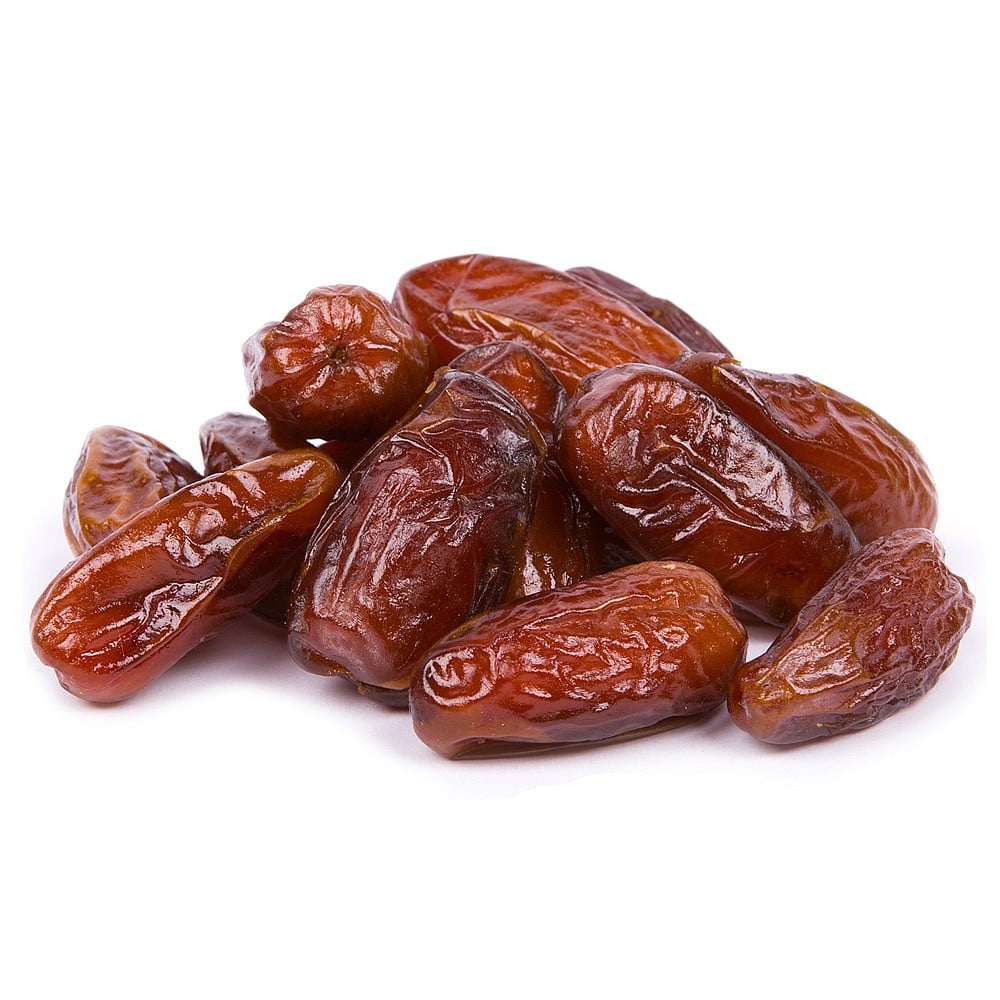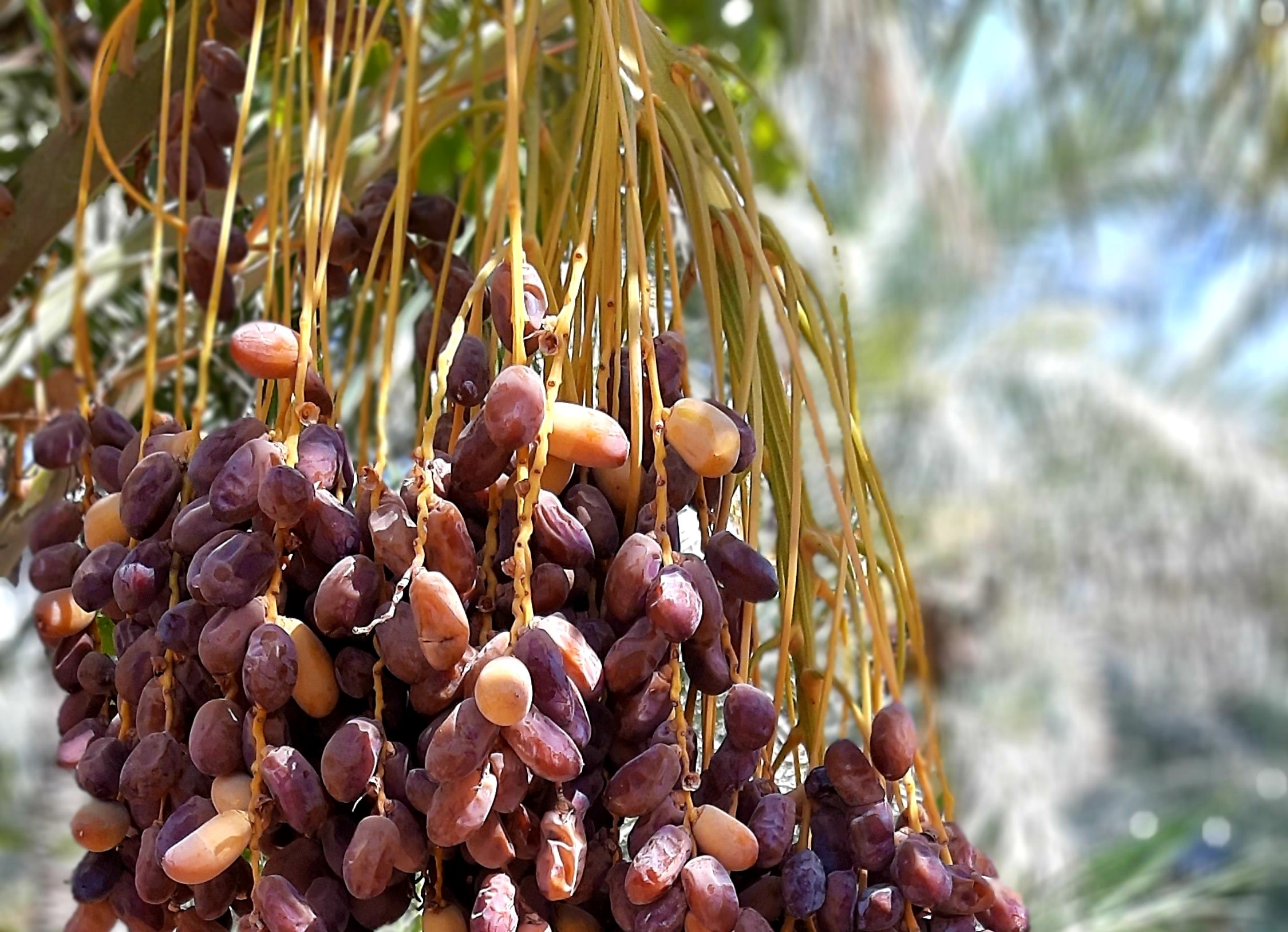The date palm tree (Phoenix dactylifera) is renowned for its delicious and nutritious fruits, but its value extends far beyond just date production. Each part of this remarkable tree has its own unique uses and benefits, making it an incredibly versatile plant that has been integral to human civilization for thousands of years. From its wood to its leaves and palm hearts, the date palm tree is a source of a wide array of products, many of which are essential for various industries, crafts, and daily life.
1. Wood: A Sustainable Construction Material
The trunk of the date palm tree provides a valuable source of wood that is both sustainable and versatile. The wood is often referred to as “Palmwood” or “Palm Timber,” and it has been used for centuries in construction, furniture making, and crafting.
- Construction: Palmwood is used in traditional building practices in desert regions, particularly in the Middle East and North Africa. Its durability and natural resistance to pests make it an excellent choice for constructing houses, fences, and even small bridges. Unlike conventional timber, palmwood can thrive in harsh, arid climates, making it a sustainable alternative in these regions.
- Furniture and Handicrafts: In addition to construction, palmwood is used in the production of furniture and decorative items. Its unique grain pattern provides an aesthetic appeal that is different from other types of wood. Artisans craft chairs, tables, and other home decor items that are both functional and culturally significant.
2. Palm Leaves: Weaving, Thatching, and More
The leaves of the date palm tree, known as fronds, are another highly valuable part of the plant. These fronds have been traditionally used for thatching roofs, weaving baskets, and making mats, hats, and other items. The versatility of palm leaves makes them a sustainable material for various applications.
- Thatching: Palm leaves are widely used for thatching roofs in rural areas, particularly in countries like Egypt, Saudi Arabia, and India. Thatch roofs made from palm fronds provide excellent insulation against the harsh sun, keeping homes cool in hot weather. They are also a cost-effective and environmentally friendly option compared to modern roofing materials.
- Weaving and Basketry: The art of weaving palm leaves into baskets, mats, and hats has been passed down through generations in many cultures. These woven products are not only utilitarian but also serve as cultural symbols. The craftsmanship involved in creating these items has become a source of income for many communities.
3. Palm Hearts: A Gourmet Delicacy
Palm hearts, also known as “heart of palm,” are a gourmet delicacy harvested from the inner core of young date palm trees. The palm heart has a tender texture and a mild, slightly sweet flavor, making it a popular ingredient in salads, stir-fries, and gourmet dishes.
- Culinary Uses: Palm hearts are used in a variety of dishes, ranging from salads to casseroles. They are often compared to artichokes and asparagus in terms of flavor and texture. Palm hearts are low in calories and rich in fiber, making them a healthy addition to any diet.
- Nutritional Benefits: Beyond their culinary appeal, palm hearts are packed with nutrients. They are a good source of iron, potassium, zinc, and dietary fiber. Additionally, they are low in fat and contain no cholesterol, making them an excellent choice for those looking to maintain a healthy diet.
4. Fibers and Byproducts: Rope, Mats, and Insulation
The fibers from the date palm tree are also highly valued. These fibers, derived from the trunk and leaves, can be used to produce ropes, mats, brooms, and brushes. Additionally, palm fibers are sometimes processed to create natural insulation materials and bio-based composites.
- Rope and Twine: The coarse fibers extracted from the base of palm fronds and the trunk are twisted together to make durable ropes and twine. These ropes have been traditionally used in sailing, farming, and construction due to their strength and resistance to decay.
- Mats and Carpets: Palm fibers are woven into mats and carpets, which are popular in Middle Eastern countries. These products are not only functional but also serve as important cultural artifacts that reflect traditional weaving techniques.

5. Sap: A Source of Syrup and Sugar
Date palm sap, also known as “toddy” or “neera,” is a sugary liquid that can be tapped from the tree. This sap is consumed fresh or processed into a syrup or sugar.
- Palm Syrup and Sugar: The sap can be boiled down to produce palm syrup, a thick, sweet liquid often used as a natural sweetener. Alternatively, it can be crystallized to produce palm sugar, a popular alternative to cane sugar that has a lower glycemic index.
- Fermented Beverages: In some regions, the sap is allowed to ferment, producing a mildly alcoholic beverage known as “palm wine.” This drink is culturally significant in many tropical regions and is often used in traditional ceremonies.
6. Byproducts for Agricultural and Industrial Use
Various byproducts of the date palm tree find use in agricultural and industrial applications. For instance, the leftover pulp from date processing can be used as animal feed, while palm kernels can be used to produce oil. Additionally, waste materials from the palm tree are often used as organic mulch and fertilizers.
- Animal Feed: The fibrous remnants from date fruit processing are rich in nutrients and are used as animal feed. This sustainable use of waste products helps reduce costs for farmers and provides a nutritious supplement for livestock.
- Mulch and Fertilizer: Palm leaves and other waste materials from date cultivation are often shredded and used as mulch to enrich the soil, improve water retention, and control weeds. This practice is particularly beneficial in arid climates where water conservation is crucial.
Conclusion
The date palm tree is much more than just a source of fruit. Its versatility extends to a wide range of products that have been integral to human life for centuries. From sustainable construction materials and culinary delicacies to fibers for crafts and byproducts for agriculture, the date palm tree proves to be a vital and renewable resource. As sustainability becomes increasingly important in today’s world, the multi-functional uses of the date palm tree serve as a testament to the wisdom of utilizing natural resources to their fullest potential.
Ajigofarms is a reliable global agricultural purchase sourcing with profound expertise in the manufacturing, and exportation of food crops. We are tested, and trusted suppliers of all kinds of cash crops and food crops. Our constant supply chain solution makes exporting easy, quick, and safe, we are identified with timeliness and meeting up with deadlines. Regardless of the region you are located in worldwide, you can reliably order your Agric products and be rest assured of successful delivery.




